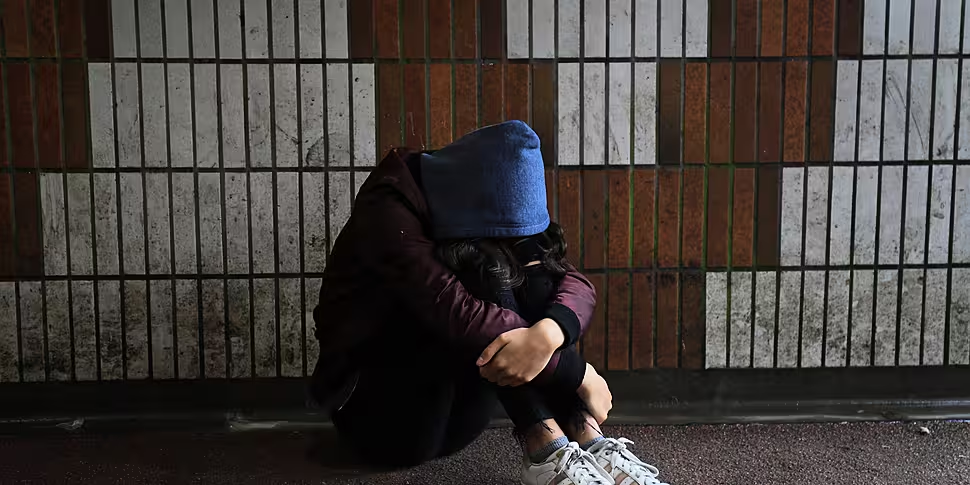On this week's 'Parenting' segment on the Moncrieff show, one listener sought advice about how to help her daughter who is leaving primary school with no friends.
Joanna Fortune, psychotherapist specialising in Child & Adult Psychotherapy, joined Moncrieff to answer this and other listeners' questions.
The question:
“My 12-year-old daughter had a friend who wanted her all to herself and then dropped her and has turned others against her.
“All going on in school, she doesn’t want to go to school or school tours as she will be on her own and with nobody to sit with on the bus.
“The other child is mature and has managed to isolate my daughter from the rest of the class.
“We spoke with the other child’s mother - not helpful - last few weeks of school and about to leave sixth class with no friends.
“What do you advise?”
Joanna’s advice:
“So I’m not sure how long this has been going for this girl but because school is ending next week there really isn’t much that you can do about this situation.
“And it does sound to be fair to these parents that they’ve done the kind of ‘talk to the parent’ bit and it didn’t make a change.
“And sometimes it just doesn’t.
“So really the focus has to go to away from the situation and solely onto your daughter. She’s leaving sixth class, leaving primary school and focusing on preparing her for the transition into secondary school where there will be new opportunities, new experiences, new friendships - and that’s how it should be.
“Any child leaving primary school - even with good friendships intact - you will now see changes with those friendships. It’s huge.
“And we see it in particular that summer in between first and second year. It’s like some kids become 22 over that summer and some of them stay kind of 12 or 13.
“And so we do see huge changes between sixth class and second years. So change was inevitable but this is happening from a place that this girl has had a really rough time, so she’s already a bit depleted.
“So when we have that kind of depleting experience now it’s about resourcing her.
“Because resourcing is about what leads to resilience. We often talk about resilience just arriving. It doesn’t.
“We are resilient when we’re resourced. So really spend the summer investing in her, resourcing in her - what’s coming next?
“Is this a primary school where everybody goes to the same secondary school or will everybody disperse? So who is going to be in the new school?
“If it is possible to have a positive play or social experience over the summer with kids from the new school or are there summer camps that will open her up to kids outside of this typical peer group - that’s well worth investing in.
“See this as a summer to heal, to play, to relax, to recover.
“Practice independence skills with her over the summer - really practical things, going to the shop, interacting with restaurant or cafe staff, placing her own order… because things like that build esteem, they build self-efficacy.
“They help her understand that she can handle herself in the world by herself. So these will all help to strengthen and resource her.”
She continued:
“This is an age where we do see shifts, changes and yes, loss and pain in friendships.
“It’s that transition out of middle childhood into that pre-adolescence phase and the maturing is happening in different ways.”
Main image: A teenager girl who is unhappy. PA Photo. Picture date: Sunday February 2, 2020. Picture by: Gareth Fuller/PA Wire









